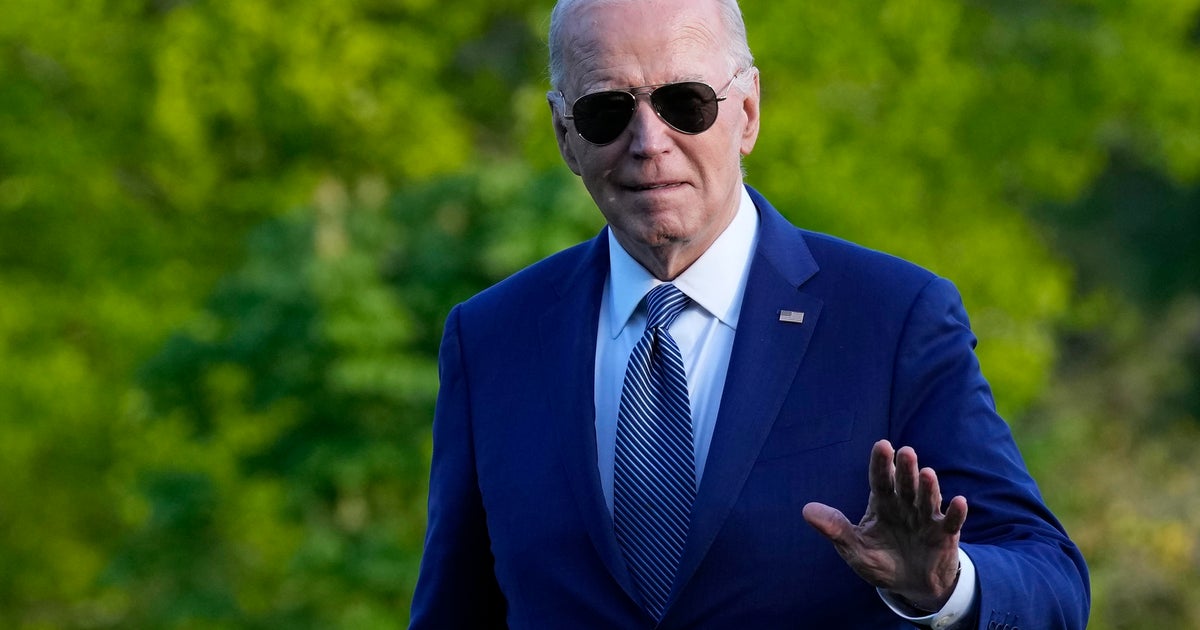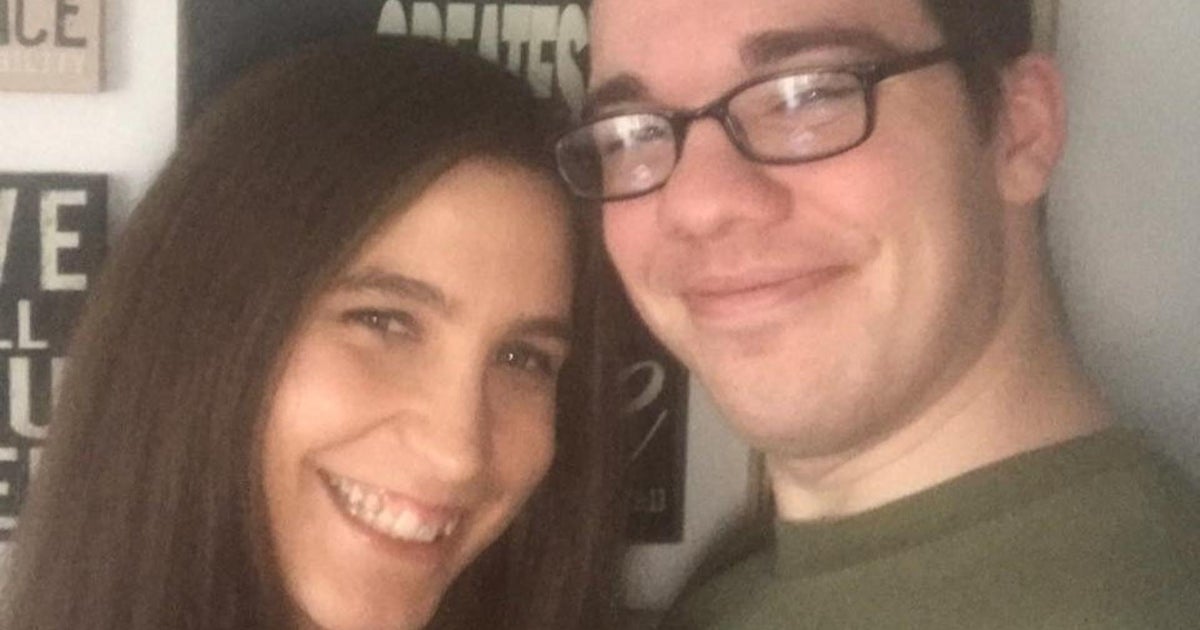Chasing El Chapo cost U.S. a fortune. Was it money well spent?
Joaquin "El Chapo" Guzman was sentenced to life plus thirty years in prison Wednesday for running an operation that trafficked an estimated $12.6 billion worth of heroin, cocaine, marijuana and synthetic fentanyl into the United States over nearly three decades. The government has also ordered him to repay that sum he's believed to have earned through his illegal business.
While it's difficult to parse individual responsibility and determine exactly how much Guzman has cost the United States in law enforcement, incarceration, healthcare and other expenses, the effort to bring him to justice, and the ripple effects of his illegal activity, have been costly.
U.S. government: $50 billion annually fighting drugs
The U.S. government spends roughly $50 billion per year on drug prohibition enforcement efforts, about $20 billion to $30 billion of which is used to enforce cocaine and heroin prohibition, according to Jeffery Miron, director of the department of economics at Harvard University and the author of the report entitled "The Budgetary Implications of Drug Prohibition."
"You obviously can't attribute that all to El Chapo or even the Mexican drug cartels, because some of it comes from China," Miron said.
The drug kingpin has also denied being responsible for all illicit activity ascribed to the cartel, which experts say has a hub-and-spoke business model rather than a hierarchical structure.
And so calculating the United States' expenditure on El Chapo is not an exact science, and even experts' estimates are at best speculative.
"We can count up how much we spend, but it's messy, and attributing it to any one drug or any cartel is really speculative and doesn't answer the most policy-relevant question which is about who created the policies, and what would happen if they changed," Miron told CBS MoneyWatch.
The largest drug cartel in the world
At his peak in 2013, Guzman, as leader of the Sinaloa cartel -- the largest in the world -- claimed about one quarter of the drug trade in the U.S., according to David Shirk, professor at the University of San Diego and an expert in U.S.-Mexico relations.
"I think its fair to say it's been a very costly effort on the part of the U.S. to go after this particular individual and his operations," Shirk told CBS MoneyWatch.
The trial alone has consumed significant government resources, Shirk pointed out. The costs add up quickly: "If you have 10 government attorneys, working almost full-time on this and making about $125,000 a year, you quickly get to $1 million," he said.
Then there are the costs associated with holding Guzman in a high-security facility and transporting him to and from the trial. "You are talking about millions of dollars just for his trial," Shirk said. "I would think that in the 20 to 30 years in which he has been a major player, you have to be talking about hundreds of millions of dollars that have been dedicated in man hours and equipment just to go after Chapo Guzman and his organization."
While Guzman was finally brought to justice on Wednesday after he was convicted in February of murder conspiracy and drug charges, the Sinaloa cartel continues to thrive, experts say, and the convicted kingpin's capture is unlikely to have any kind of significant positive effect on curbing the drug trade.
"It does merit come questioning as to whether it's the most efficient use of law enforcement resources to go after major drug traffickers instead of trying to find ways to get people away from using drugs or into rehab or keeping younger at-risk youth from getting involved in criminal activities in Mexico -- that might have very well been a better use of resources," Shirk said.
"No actual effect" chasing drug lords
Miron, an advocate for the legalization of all drugs, contends that chasing the kingpin is, in a sense, like a playing a game of whac-a-mole.
At a certain level, his arrest or disappearance doesn't matter, because he was just replaced by someone else who did more or less the same thing, so there was no actual effect," Miron said. "If there is any cost we incurred, it's relative to an alternative policy like legalization. It's the U.S. spending because we are choosing to throw away money to stop something we are never going to stop."
If the demand for drugs persists, suppliers will continue to thrive, no matter if Guzman is imprisoned. "It doesn't matter if you lock up a particular supplier," Miron said.
"Tens of billions of dollars of debt"
Substance abuse and addiction -- fueled in part by the Sinaloa cartel -- is linked to nearly one-third of all hospital costs, according to the Center on Addiction, a non-profit organization.
The organization's most recent report, published a decade ago, estimates that substance use and addiction cost federal, state and local governments at least $467.7 billion in 2005. The largest amount of government spending -- $207 billion at the time -- was for health care, and the second-largest amount -- $47 billion back then -- was spent on the justice system, including incarceration, probation, parole, and criminal, juvenile and family courts, according to the center.
The National Institute on Drug Abuse estimates that the illicit drugs' annual costs in crime, lost work productivity and health care equaled $193 billion in 2007.
"We are talking about millions of people negatively affected in the U.S. by the availability of addictive drugs in often fatal doses and Guzman helped fuel the opioid crisis, which has led to tens of thousands of Americans killing themselves," said Mexican drug cartel expert Bruce Bagley. "He's not the only drug lord, and the costs to the United States and its healthcare system are virtually incalculable, but they add up to tens of billions of dollars of debt," Bagley said.
Miron blames U.S. policy -- not El Chapo -- for what he considers to be a waste of money.
"We are choosing to throw money away to stop something we are never going to stop. So all the bragging and boasting about locking up El Chapo is meaningless," Miron said.
As for the $12.6 billion the U.S. is demanding as part of the drug lord's sentence, experts say the money has long been hidden by Guzman's extensive network of family members and co-conspirators.
"They are not going to get a single cent of that because it was hidden by his kids and former wives long ago, before he was arrested," Bagley said. "They'll never get it back."



